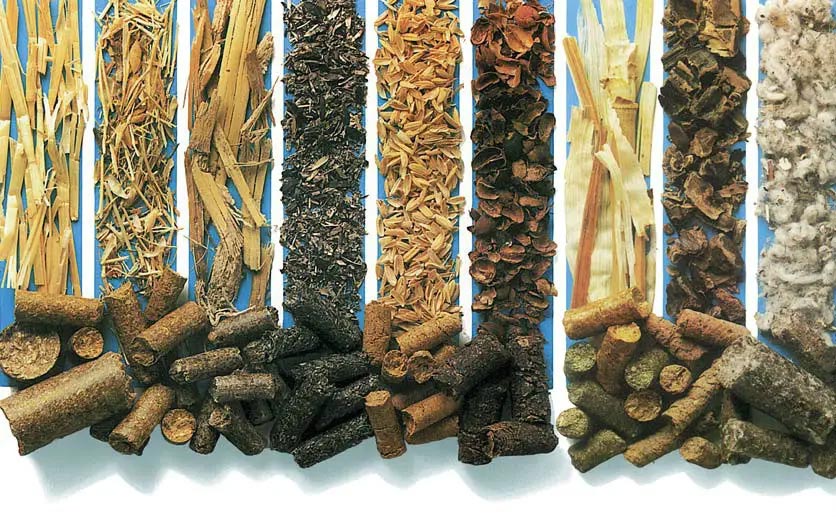For Europe, the consequences of today's conflict are of little benefit. Europe currently has a strong energy dependence on natural gas. Russia supplies about one-third of Europe's natural gas consumption, which is used for winter heating, power generation and industrial production. At the same time, more than a quarter of the EU's crude oil imports come from Russia, which is the EU's largest single source of energy. Among them, as Europe's largest economy, more than half of Germany's natural gas and more than 30% of its crude oil supplies come from Russia. While most of France's electricity comes from nuclear power, it still relies on Russian imports to meet its demand for fossil fuels.

Since last winter, affected by factors such as rising global commodity prices and European energy transition, European energy prices began to soar and face an energy crisis. As the current conflict erupts, Europe will face further energy woes and crises. This requires businesses and residents to find other energy alternatives. For example, German Economy Minister Robert Habeck said that the risk of the outbreak of the conflict prompted Germany to change its energy plan and may expand the use of coal in the future to reduce its dependence on natural gas. However, we all know that coal is not only a fossil energy, but also a traditional energy source with relatively high pollution. If coal is used on a large scale again in the future, it will have an inevitable impact on the future carbon neutralization plan.
Now it’s inevitable that the other substitudes for traditional energy will be a priority mission to facing the next cold season and to catch up with the production plans for heating & manufactuerering industries. As an already well developed clean energy from in European market, biomass fuel pellets will be a perfect sustitude solution for others, for it’s stable, easy to be stored and high energy condensity, it would be a wise option to enlarge the production scale of wood fuel pellets for higher profits.